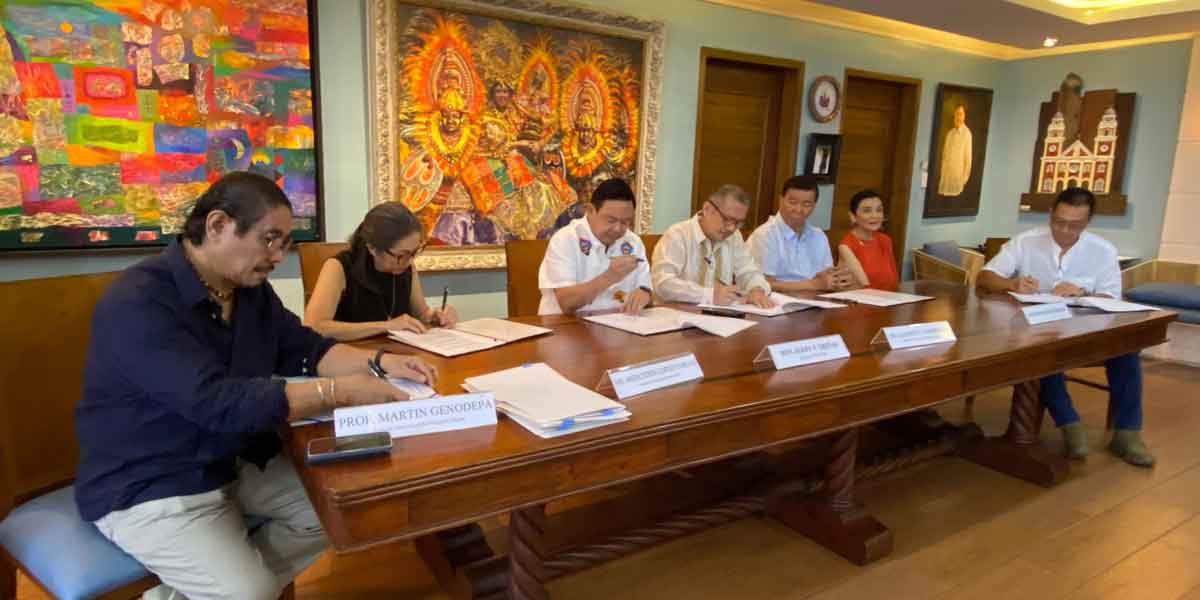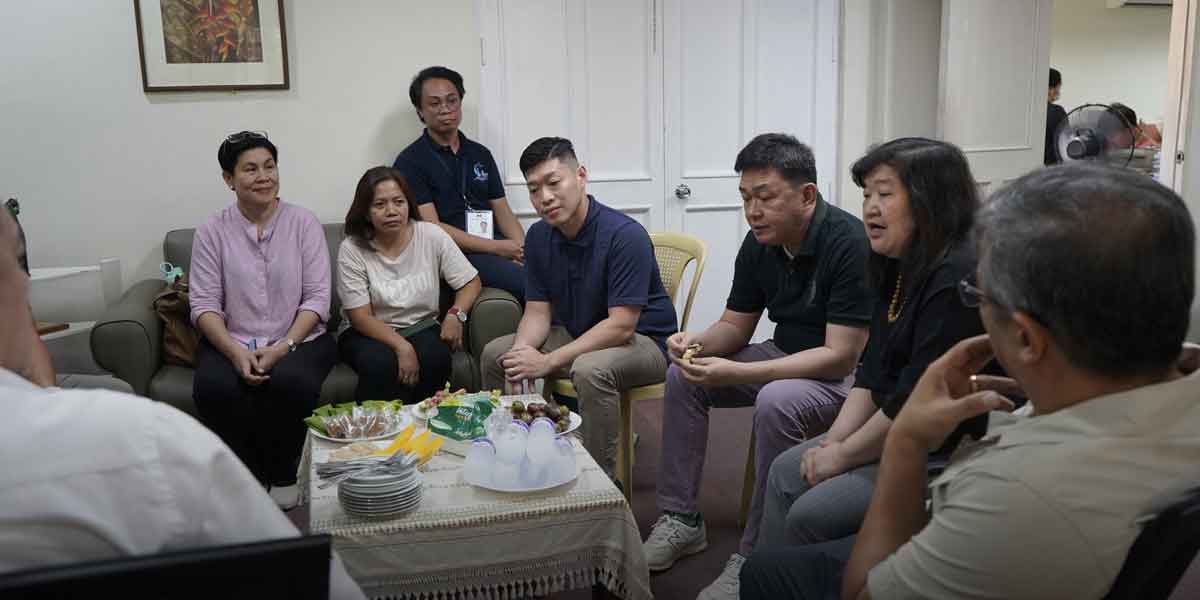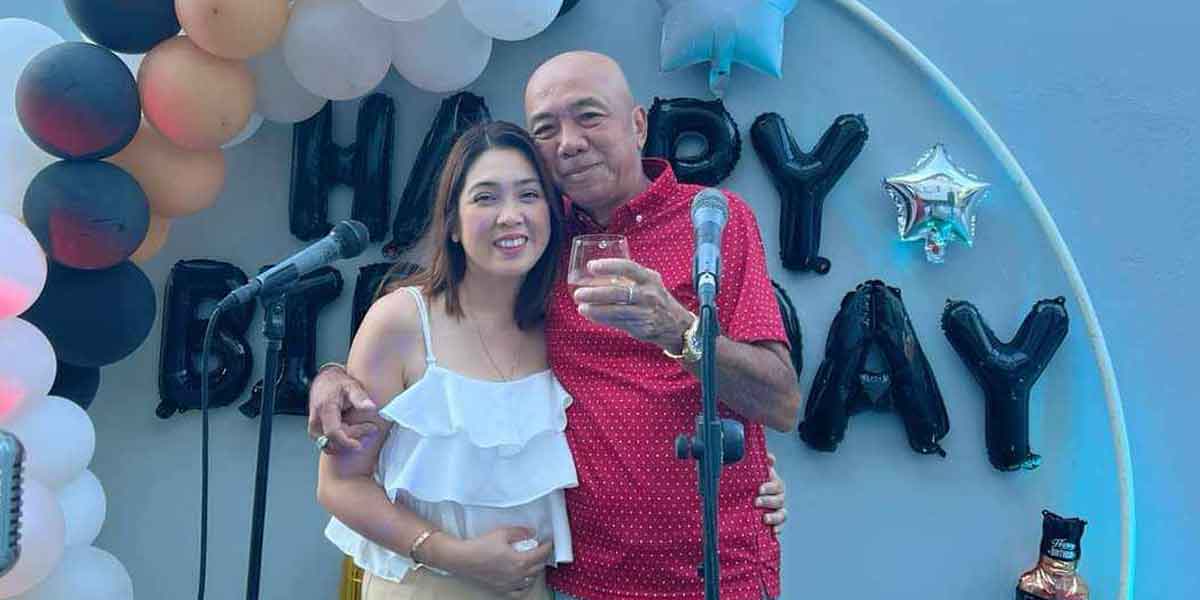
By Francis Allan L. Angelo
Catholic faithful who want to pray for the salvation of their departed can do so without going to the church or cemeteries amid the COVID-19 pandemic.
To note, cemeteries and memorial parks are closed from Oct 29 to Nov 4, 2020 to prevent people from crowding which could lead to the spread of the coronavirus disease.
The Vatican, through its Apostolic Penitentiary which prescribes prayers to the faithful, came out with a Decree on Plenary Indulgences for the deceased faithful in the current pandemic.
In an interview with Daily Guardian on Air Friday last week, Fr. Esperidion “Boy” Celiz, plenary indulgences can be likened to passes for souls trapped in the purgatory.
In the Catholic tradition, the purgatory is like a halfway house for souls who want to go to heaven where they are given the chance to repent and get help from the living through prayers.
It is an intermediate state after death for expiatory purification specifically a place or state of punishment wherein according to Roman Catholic doctrine the souls of those who die in God’s grace may make satisfaction for past sins and so become fit for heaven.
Unknown to many, Celiz said the celebration of the All Souls’ and All Saints’ days go beyond Nov 1-2.
Apart from going to cemeteries to pray, older Catholic faithful go to churches not only to pray but to go around the altar as an act of plenary indulgence for their departed loved ones.
“It is actually from Nov 1 to 8 to give us time to pray for their departed in churches and cemeteries, especially those who are in the purgatory. But because of the current pandemic, it is impossible to do that because of the closure,” he added.
According to the Vatican decree issued on Oct 23 by Cardinal Maurus Piacenza, “the Apostolic Penitentiary has received many petitions from holy Pastors who have asked that this year, due to the ‘Covid-19’ epidemic, pious works be commuted in order to obtain the Plenary Indulgences applicable to souls in Purgatory, in accordance with the Manual of Indulgences.”
The bulletin outlined two ways the faithful can earn plenary indulgences:
One is that Plenary Indulgence for those who visit a cemetery and pray for the deceased, even if only mentally, normally established only on the individual days from 1 to 8 November, may be transferred to other days of the same month, until its end. These days, freely chosen by the individual believers, may also be separate from each other.
Celiz said he consulted Jaro Archbishop Jose Romeo O. Lazo who interpreted the Vatican decree that the 8-day indulgence can be done on any day of November and as frequent as they want.
The second part of the decree is that the Plenary Indulgence of 2 November (which is established on the occasion of the Commemoration of all the deceased faithful for those who piously visit a church or oratory and recite the “Our Father” and the “Creed” there) may be transferred not only to the Sunday before or after or on the day of the Solemnity of All Saints, but also to another day of the month of November, freely chosen by the individual faithful.
The elderly, the sick, and all those who for serious reasons cannot leave their homes because of restrictions imposed amid the pandemic, can obtain the Plenary Indulgence “as long as they join spiritually with all the other faithful, completely detached from sin and with the intention of complying as soon as possible with the three usual conditions (sacramental confession, Eucharistic communion and prayer according to the Holy Father’s intentions), before an image of Jesus or the Blessed Virgin Mary, recite pious prayers for the deceased (for example, Lauds and Vespers of the Office of the Dead, the Marian Rosary, the Chaplet of Divine Mercy, other prayers for the deceased dearest to the faithful).”
Celiz said this part of the decree allows vulnerable persons to pray for their deceased in the comfort of their homes.
“They can pray before the image of Jesus or Blessed Virgin Mary for the salvation of their departed who might be in purgatory. And the more people pray as often as they want, the more souls will be saved and go directly to heaven,” he added.
Or they can also consider “reading of one of the Gospel passages proposed by the liturgy of the deceased or perform a work of mercy by offering to God the sorrows and hardships of their own lives.”
The Vatican also asked priests to help the faithful amid this pandemic.
“For an easier attainment of divine grace through pastoral charity, this Penitentiary earnestly prays that all priests with the appropriate faculties offer themselves with particular generosity to the celebration of the Sacrament of Penance and administer Holy Communion to the sick,” the decree added.
In this time of pandemic, Fr. Celiz urged the public to be charitable, even to their enemies who died.
“Let us not keep hate in our hearts. Let’s pray even for our enemies. Let’s spread charity all around,” he said.




















